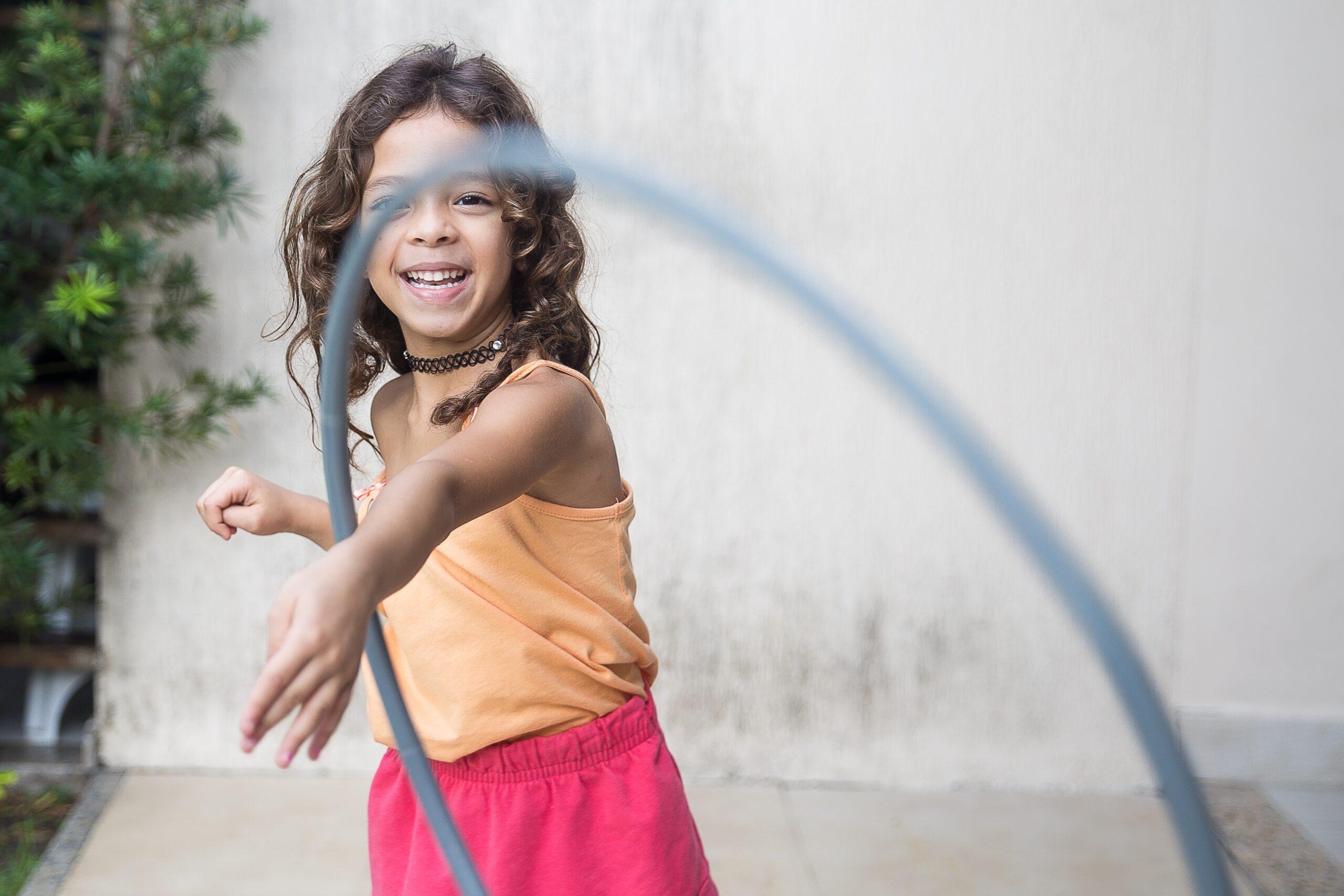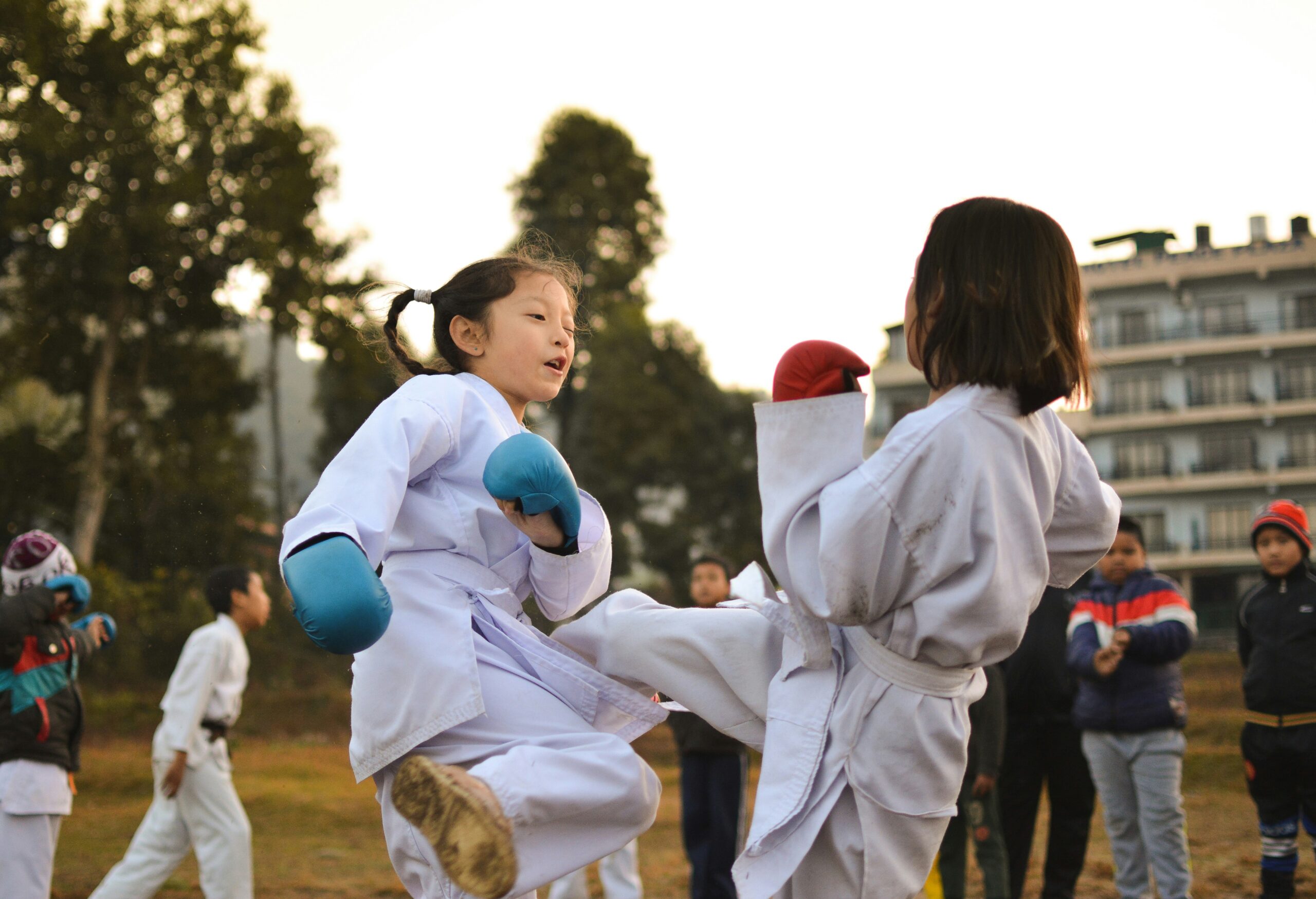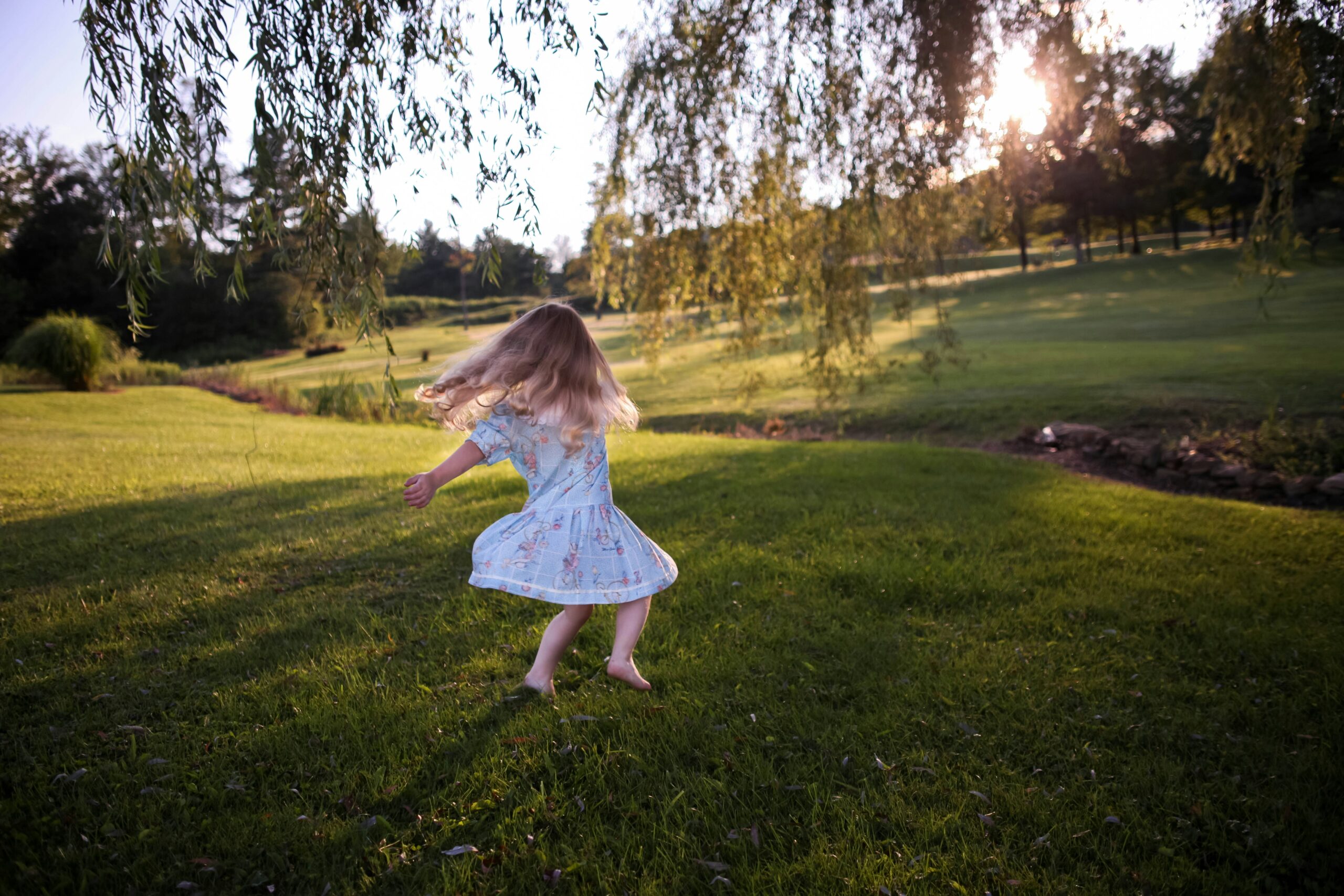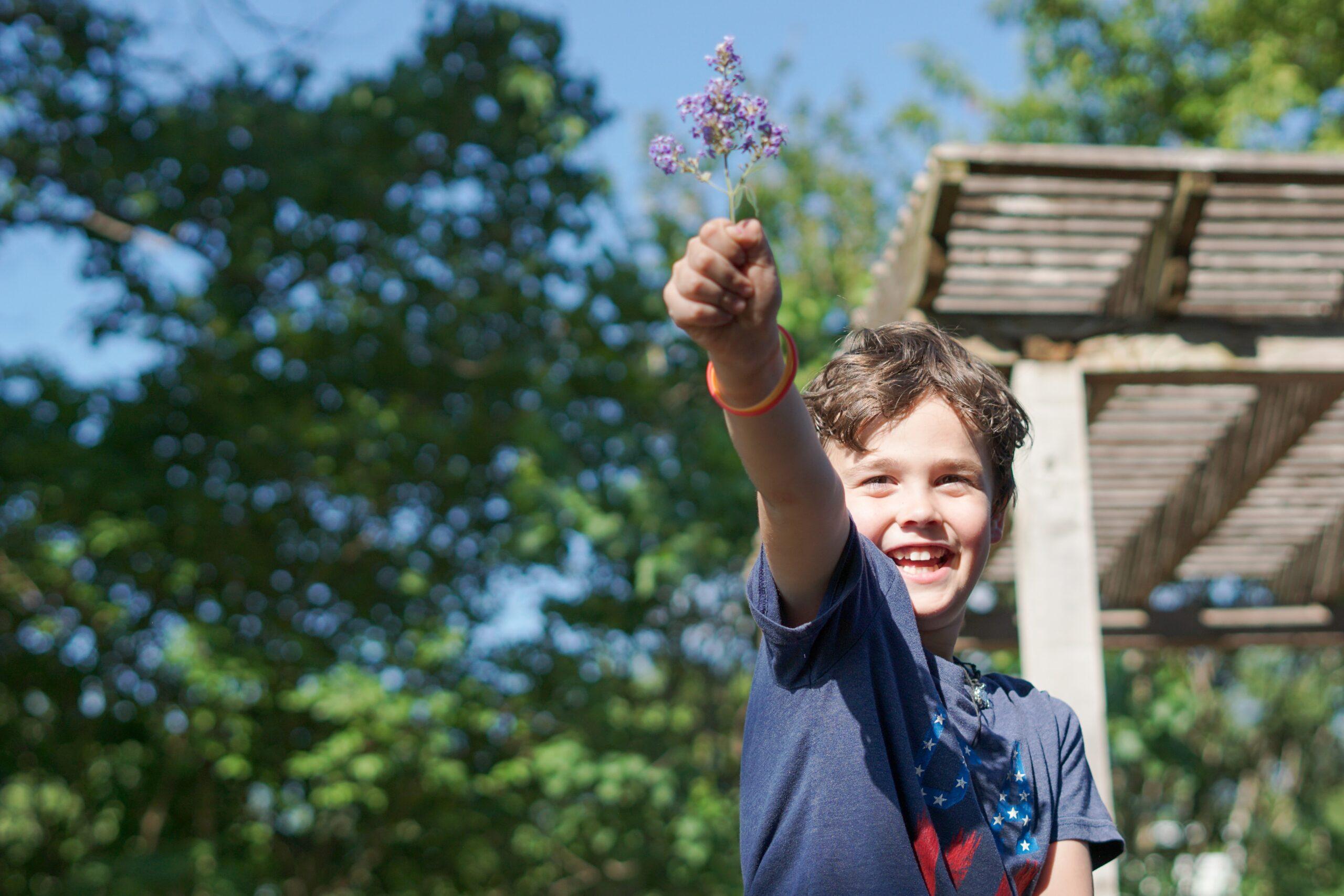Bathing is a routine activity that most people take for granted. For children with Attention Deficit Hyperactivity Disorder (ADHD), it can become a daunting task.
The aversion some children with ADHD exhibit toward showers is not due to defiance or laziness, as it might seem at first glance. Rather, it often stems from a complex interplay of sensory sensitivities, executive function challenges, and emotional regulation difficulties.
Understanding these underlying factors can help parents approach the situation with empathy and provide effective support.
These factors include:
- Sensory sensitivities
- Executive function challenges
- Emotional regulation difficulties
- Hyperfocus and special interests
Sensory Sensitivities
Children with ADHD often have heightened sensory sensitivities. The sensory processing challenges they experience can make certain stimuli, such as the sensation of water hitting the body, feel overwhelming. Showers involve a range of sensory inputs, from the sound of running water and the feel of water droplets to the sensation of being wet. These sensations can trigger discomfort or even distress for a child who struggles with sensory processing.
Executive Function Challenges
ADHD is characterized by difficulties in executive functioning, which includes skills like organization, time management, and task initiation. For children with ADHD, the transition from one activity to another can be particularly challenging. Showers require a change in routine and environment, which can be overwhelming for a child who has difficulty shifting their focus and initiating new tasks. The lack of immediate reward from the shower experience might also make it less appealing compared to more instantly gratifying activities.
Emotional Regulation Difficulties
Emotional dysregulation is a common feature of ADHD. Children with ADHD might find it harder to manage their emotions, leading to increased anxiety or frustration. The prospect of a shower might trigger negative emotions due to sensory sensitivities or the perceived disruption of their current activity. This emotional response can lead to resistance or avoidance behavior as a coping mechanism.
Hyperfocus and Special Interests
While ADHD is often associated with distractibility, it can also manifest as hyperfocus—intense concentration on a single task. Children with ADHD might have particular interests that capture their attention for extended periods. If a child is engrossed in an activity they enjoy, transitioning to an activity like showering, which they perceive as interruptive, can be met with resistance. They may resist leaving their current task, leading to a reluctance to shower.
Recognizing that a child with ADHD’s resistance to showers is rooted in sensory sensitivities, executive function challenges, emotional regulation difficulties, and a preference for routine can foster greater understanding and empathy. By tailoring strategies to the child’s individual needs, caregivers and parents can create a more supportive environment that makes showering a more manageable and less distressing experience.
Patience, clear communication, and a willingness to adapt can go a long way in helping these children develop a positive relationship with personal hygiene.




